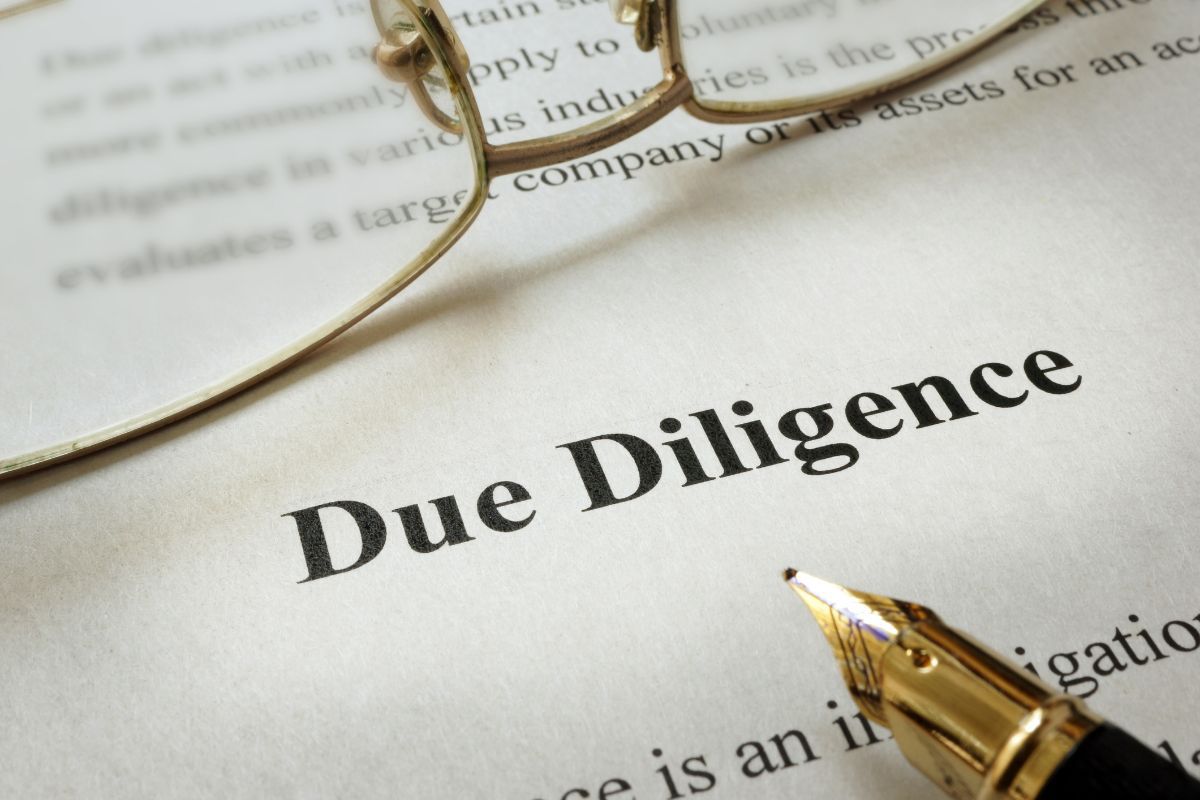In terms of a real estate transaction, due diligence is the ability of the buyer to inspect and review every aspect of the real estate before closing on the transaction. A buyer can hire professionals to perform independent inspections, personally inspect the property, and review records related to the property to perform its due diligence. Due diligence is a regular part of all real estate transactions, both residential and commercial.
In residential real estate transactions, the standard purchase agreement provides for ten days for the buyer to complete due diligence after the seller has accepted the terms of the buyer’s offer of purchase. However, the parties can agree to extend the due diligence period if they choose, mainly if they need to address problems before closing.
Checklist of Due Diligence Items to Address in Real Estate Transactions
-
Review Seller Property Disclosures
Arizona law requires that sellers of real estate make certain disclosures about the condition of the property they are selling. While it is ultimately up to the buyer to independently inspect the real estate for problems, the seller must disclose any known defects or problems with the property during the real estate transaction. These material facts could significantly affect the overall value of the home.
-
Review Other Property-Related Documents
You also want to review various other property-related documents to ensure that you are aware of all conditions concerning the property. Some of these documents may include:
- Title Insurance Policy – Thoroughly reviewing these documents helps ensure that you are purchasing the real estate clear of any liens by third parties and that the owner has the legal authority to sell you the property.
- Applicable Zoning Ordinances – You also will be aware of any restrictions on your usage of the property.
- Easements – You should examine these documents to determine if any third party has the legal right to use a portion of your land for any reason and how that will impact the use of your land.
- Homeowners’ Association (HOA) Covenants, Conditions, & Restrictions – You will want to be clear on what services the HOA provides and what fees you must pay as a condition of owning the property. You also should understand the impact on your property if you fail to pay HOA fees as required. Finally, you should be aware of the existing covenants, conditions, and restrictions placed on your property due to HOA rules and regulations, so that it is not a surprise to you in the future.
- Leases that Impact the Property – If the property is subject to an existing lease, you typically must uphold the existing lease, so it is essential to understand its terms and how you can change those terms in the future if you choose.
- Utility Bills – By examining past utility bills, you can get a clear sense of what to expect regarding utility bills for the property. Looking at utility bills also may help you determine any problems with the property, such as poor insulation that leads to inflated heading or cooling costs.
-
Hire Professionals to Perform Inspections
As a purchaser of real estate, it is your responsibility to hire independent professionals or contractors to check out the real estate’s condition before purchasing it. The condition of the real estate could affect your ability to use the real estate as intended or cost you additional money in repairs after you purchase it if you aren’t aware of these problems. As a result, you can use the knowledge from inspections as a bargaining tool in some cases if significant repairs are necessary or even to decline to complete the transaction if the property is defective.
-
Contact Your Homeowners’ Insurance Company
You should contact your homeowners’ insurance company to ensure that the property is insurable should you choose to purchase it. If you are purchasing the property with a mortgage loan, one of the requirements for the loan is that you maintain an adequate amount of homeowners’ insurance on the property at all times that you have an outstanding loan balance.
We Are Here to Help You with Your Legal Needs
Our goal is to help you understand each step of your real estate transaction and protect your interests throughout the process. Contact the offices of Provident Law today at (480) 388-3343 and schedule an appointment to speak with us about your legal matter.


